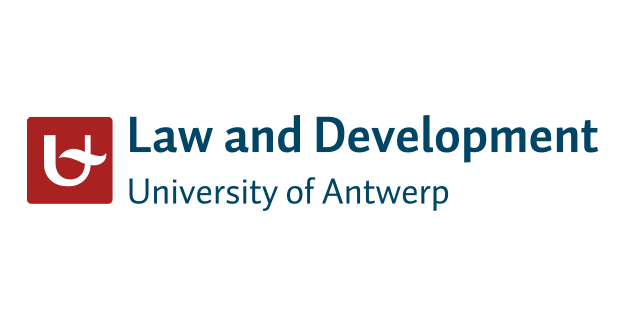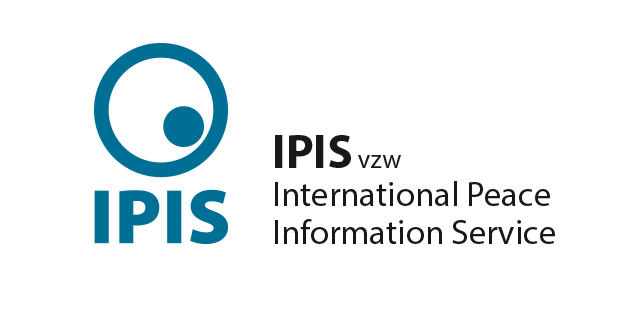9 Operational-level grievance mechanisms
Why are operational-level grievance mechanisms necessary to protect human rights?

These complaint mechanisms are important because they complement mechanisms that seek to prevent adverse human rights impacts, such as due diligence or impact assessments. When the latter cannot prevent an adverse impact, grievance mechanisms should be used to identify the risks during the development of the activities through concrete complaints from the stakeholders.
These complaint mechanisms also seek to reach a solution to address adverse impacts identified by stakeholders and provide a remedy if an adverse impact is caused.
These mechanisms seek to guarantee an early and opportune way to identify and address directly affected stakeholders’ concerns, before impacts escalate or cause a harm. This means that the complaint need not refer to a breach of human rights law - it can also refer to other risks that need to be addressed to prevent harm or a breach of human rights law.
An operational-level grievance mechanism can be more advantageous than formal third-party mechanisms because it can identify and address problems early before they escalate. It can also allow stakeholders to redress a situation when damage has already been caused.
Even when the use of state-based mechanisms is unavoidable to obtain a remedy, operational-level grievance mechanisms are still important because they can facilitate access to justice and to an effective remedy by supporting the process before a competent authority.




